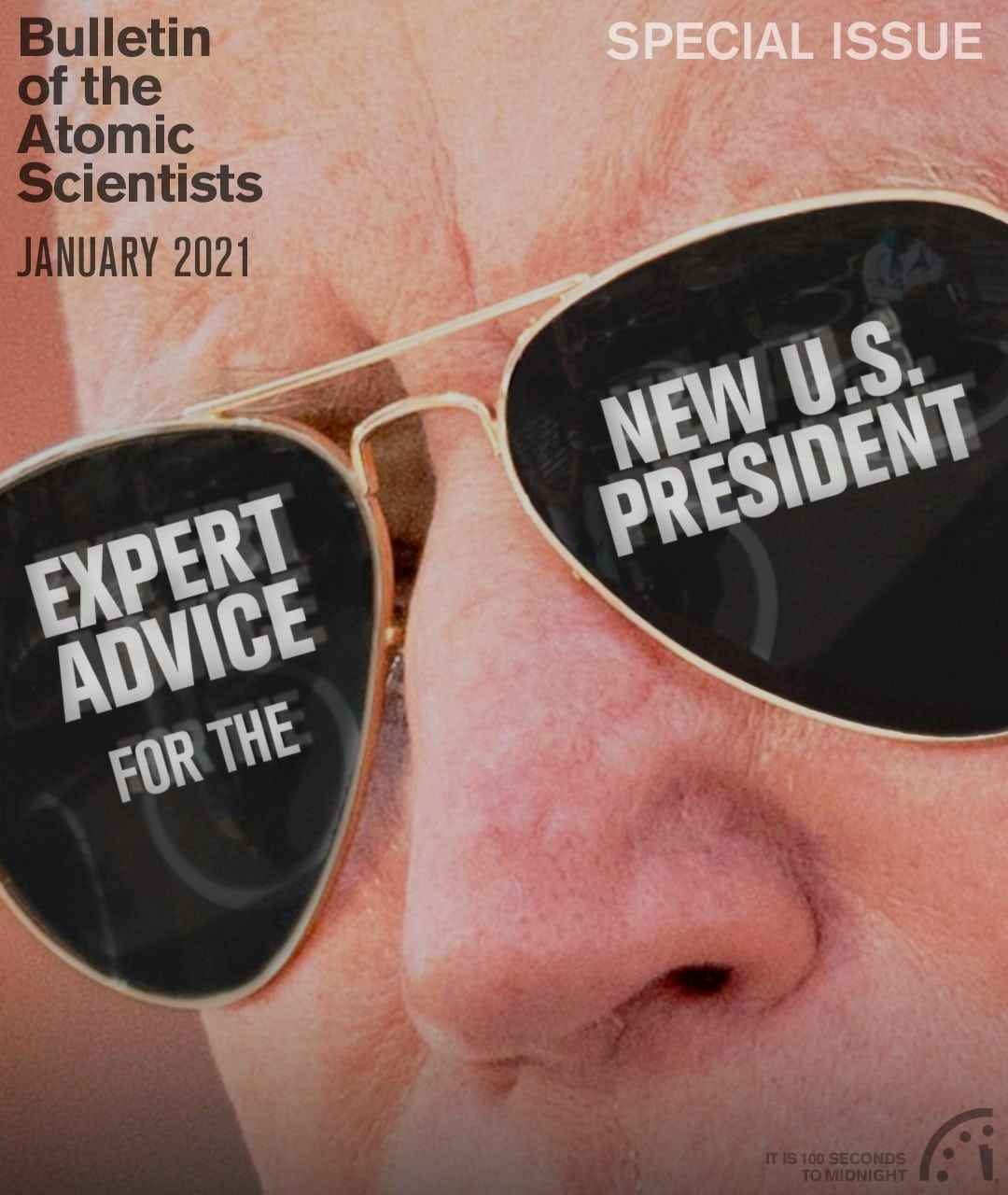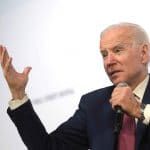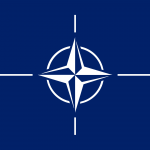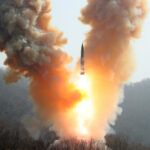How Biden can advance nuclear arms control and stability with Russia and China
By Pranay Vaddi | January 12, 2021
New START negotiators Rose Gottemoeller, then-Assistant Secretary of State for Verification, Compliance and Implementation and Ambassador Anatoly Antonov of the Russian Federation made a joint presentation on the New START Treaty to international arms control diplomats at a June 3, 2010 plenary of the Conference on Disarmament. (Government photo)
How Biden can advance nuclear arms control and stability with Russia and China
By Pranay Vaddi | January 12, 2021
Loading...
Together, we make the world safer.
The Bulletin elevates expert voices above the noise. But as an independent nonprofit organization, our operations depend on the support of readers like you. Help us continue to deliver quality journalism that holds leaders accountable. Your support of our work at any level is important. In return, we promise our coverage will be understandable, influential, vigilant, solution-oriented, and fair-minded. Together we can make a difference.
Keywords: China, New START, Russia, arms control, strategic stability
Topics: Nuclear Weapons
Get alerts about this thread
0 Comments
Oldest





















